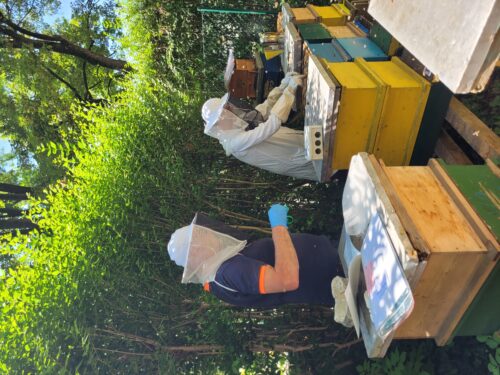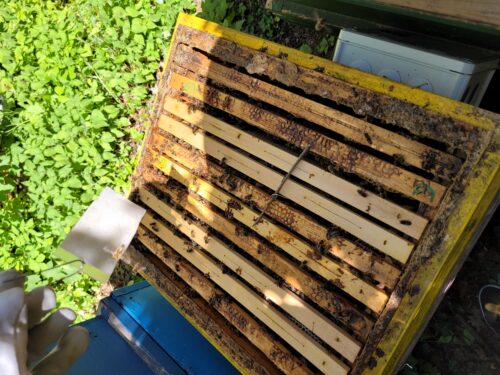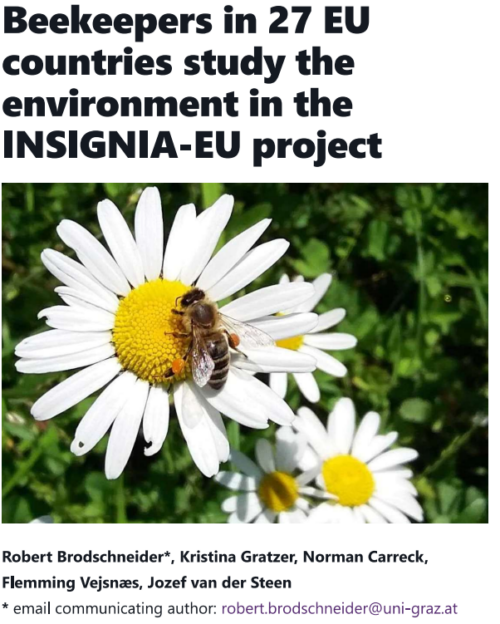For the full study in 2023, the sampling will be expanded to all 27 European Union countries. To sucessfully activate the widespread beekeeping community in Europe, the INSIGNIA-EU consortium will also be expanded by subcontracting a total of 19 institutions. Thus, we are able to cover all European Union member states and all 23 European languages.
It has been a while, since the INSIGNIA-EU consortium held an online event to meet the subcontractors on July 6. Nevertheless, we want to inform our readers about this important meet and greet.
Continue reading “First meeting with all national coordinators from Europe (online event)”





